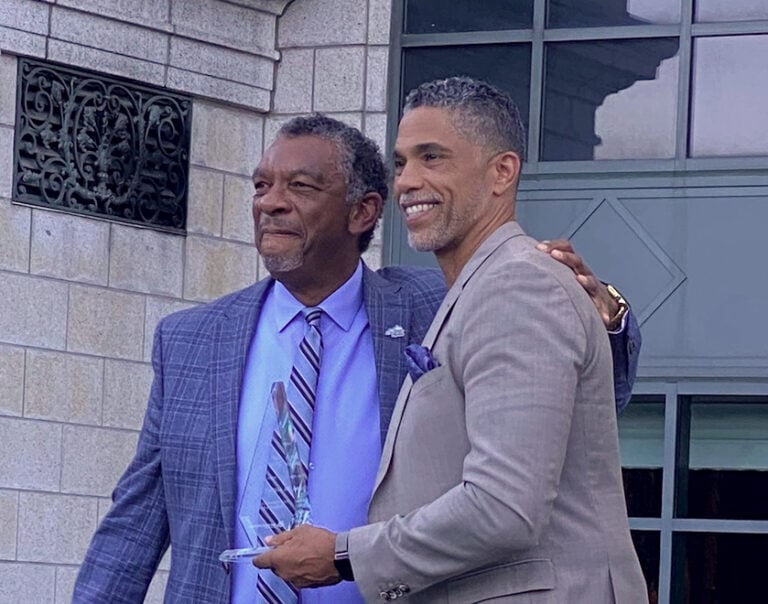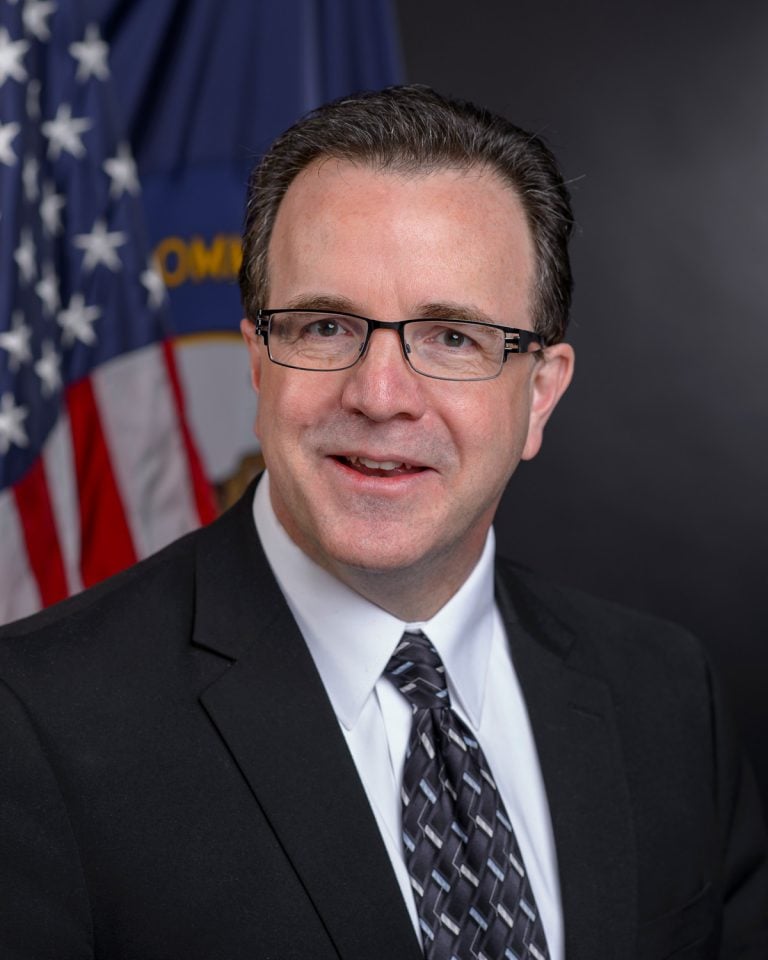For most of us, aging with grace is a goal. Reaping the benefits of life experience, we aspire to be better listeners, to welcome new ideas, to have the wisdom to discover ways to grow even in the face of diminution. If we are open to it, we realize that moving forward means letting go, and letting go leads to change. And change is inevitable.
That said, when one ponders how many octogenarians hold high-level political office, the next logical question to ask is, “How much longer are these geezers going to hold on?”

Let’s start in the Senate. Dianne Feinstein and Charles Grassley lead the pack at 88. While it is uncertain if Feinstein will give it another go when her term is up in 2024, Grassley is running to retain his seat. If he endures, he will be 94 upon completion of another 6-year term.
Having served the Senate for a total of 106 years, Senators Shelby, Inhofe, and Leahy are 87, 86, and 81 respectively. Shelby and Leahy are not seeking reelection, but Inhofe’s hat is in the ring. Minority Leader Mitch McConnell, re-elected handily in 2020, is 80 and itching to take back the title of Majority Leader before his sun sets.
Praise the Lord and pass the Atavan.
Over to the House of Representatives, Speaker Nancy Pelosi is 81, and for nearly 20 years, she has reigned as the top House Democrat. Her deputy, Rep. Steny Hoyer of Maryland is 82, and the No. 3 Democrat is South Carolina’s Jim Clyburn, 81. Outdoing them all, Kentucky’s Hal Rogers, 84, is a sure winner for re-election to his twenty-second term in November.

Further gilding the drooping lily, twenty-three senators are currently in their 70s.
Reflecting on the issues raised by the dominance of dotage in high places, The Atlantic’s Derek Thompson asks, “Why do such elderly people run America?”
He offers some practical reasons. In general, people are living longer, and voters over 65 go to the polls more often than young voters. Their tendency is to elect elders rather than the young’uns. In addition, most senators and representatives make a salary of $174,000 per year, and higher-level positions in Congress earn more. The speaker of the House, for instance, makes $223,500 per year, and the president pro tempore of the Senate, majority leaders and minority leaders in the House and Senate make $193,400 per year.
Along with salary come benefits but, contrary to popular social media myth, they do not get free health care for a lifetime. The cost of their health insurance is deducted from their salaries unless they are insured under a spouse’s plan.
Members of Congress do have access to an attending physician who provides on-site health services and lawmakers can also receive non-emergency care, like vaccine distribution, but they must pay an annual fee to access it.
Don’t forget pension entitlements, vested after five years. The size of the pension is computed according to the length of service, when they joined Congress, how old they are at time of retirement, their salary, and the option they chose when they enrolled. By law, the pension amount may not exceed 80 percent of the salary upon retirement.
So there you have it — a lot of numbers to describe a plethora of people no longer in their prime who do not have the grace to know when enough is enough. Surely they are old enough to know better.

















